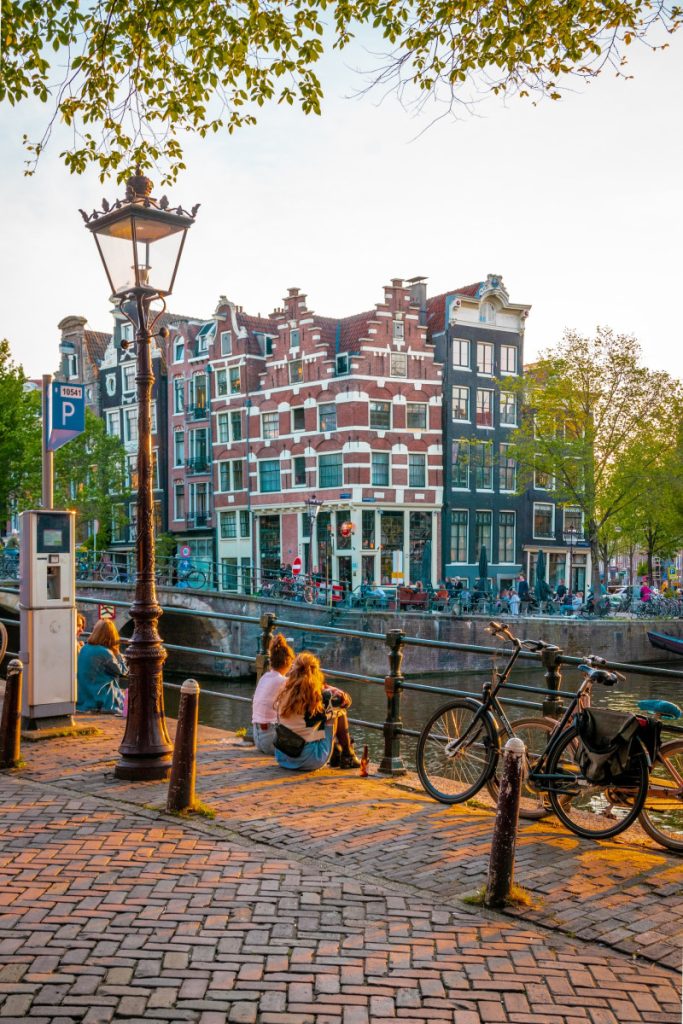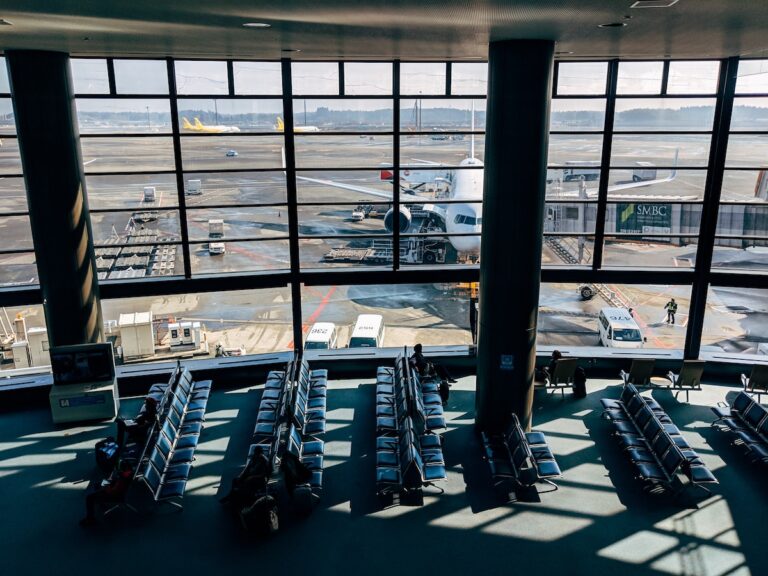
Studying abroad in Europe is a dream come true for many students, as it provides an opportunity to explore new cultures, meet new people, and gain a new perspective on the world. However, traveling in Europe can also be challenging, especially if you’re not familiar with the local customs and transportation systems. To help make your study abroad experience as smooth and enjoyable as possible, here are some top travel tips to keep in mind.
Plan ahead: One of the most important things you can do before traveling is to plan ahead. Research your destination, read up on local customs and etiquette, and make a list of the things you want to see and do. This will help you make the most of your time and avoid any last-minute stress.
Pack light: Packing light is essential when traveling in Europe, as many cities have narrow streets and public transportation systems that can be difficult to navigate with heavy luggage. Pack only the essentials and consider using a backpack or rolling suitcase for ease of movement.
Take advantage of student discounts: Many European countries offer discounts on transportation and admission to museums and other attractions for students. Make sure to bring your student ID with you and take advantage of these discounts whenever possible.

Learn the local language: Even if you’re not fluent in the local language, learning a few basic phrases will make your travel experience much smoother. It will also help you navigate transportation systems, read signs and menus, and communicate with locals.
Use public transportation: Public transportation is often the best and most cost-effective way to get around European cities. Invest in a transportation pass and familiarize yourself with the local transportation systems.
Be mindful of your budget: Europe can be an expensive place to travel, so it’s important to be mindful of your budget. Look for deals and discounts, and consider staying in budget-friendly accommodation options such as hostels or Airbnb.
Be aware of pickpockets: Pickpocketing is a common problem in many European cities, so it’s important to be aware of your surroundings and keep your valuables close to you. Avoid carrying large amounts of cash or valuable items, and consider using a money belt or hidden pouch to keep your passport and other important documents safe.
Stay connected: Make sure to have an international plan on your phone or purchase a local SIM card to stay connected with your friends and family back home. Having internet access will also be helpful for finding directions, booking reservations, and staying informed about local events and travel updates.
Be respectful: Europe is home to a diverse range of cultures and customs, so it’s important to be respectful of the local traditions and customs. Learn about the cultural norms and etiquette, and be mindful of your behavior and attire when visiting religious sites or other places of cultural significance.







